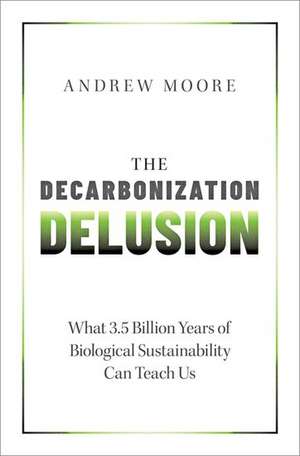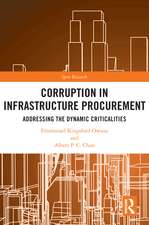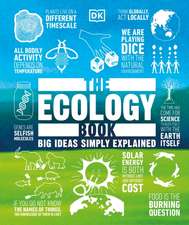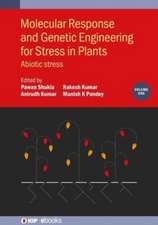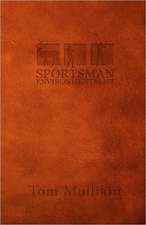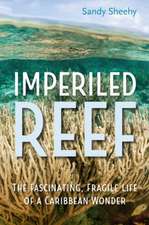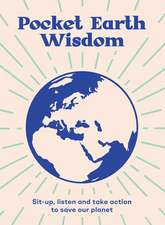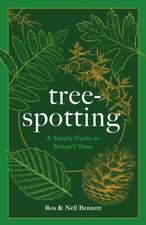The Decarbonization Delusion: What 3.5 Billion Years of Biological Sustainability Can Teach Us
Autor Andrew Mooreen Limba Engleză Hardback – feb 2024
Preț: 178.95 lei
Preț vechi: 203.06 lei
-12% Nou
Puncte Express: 268
Preț estimativ în valută:
34.25€ • 35.62$ • 28.27£
34.25€ • 35.62$ • 28.27£
Carte disponibilă
Livrare economică 13-19 martie
Livrare express 07-13 martie pentru 60.23 lei
Preluare comenzi: 021 569.72.76
Specificații
ISBN-13: 9780197664834
ISBN-10: 0197664830
Pagini: 376
Ilustrații: 51 B&W Illustrations
Dimensiuni: 224 x 163 x 46 mm
Greutate: 0.68 kg
Editura: Oxford University Press
Colecția OUP USA
Locul publicării:New York, United States
ISBN-10: 0197664830
Pagini: 376
Ilustrații: 51 B&W Illustrations
Dimensiuni: 224 x 163 x 46 mm
Greutate: 0.68 kg
Editura: Oxford University Press
Colecția OUP USA
Locul publicării:New York, United States
Recenzii
n his new, exquisitely researched and brilliantly written book, Andrew Moore tackles the topic of carbon, from every angle. He doesn't lecture us on how bad the problem is (we know it's bad). He informs us on the environmental, industrial and societal impact of carbon in human existence through history and what avenues are open to us to improve life on our planet, for those of us around today and for those in coming generations. It is a must-read and a great present for anyone with an interest in why our climate is changing, what we can do about it, and what problems are the hardest en route to making human existence net-carbon-neutral.
Why Do I Consider the Book of Such Importance? Because it contains a deep and thorough analysis of the unfolding climate crisis and its implicit ecological impacts. Of even greater importance, it comes up with superior policy recommendations that should inform all of our debates about safeguarding any kind of future. One of its many strengths is its "non-ideological" perspective: Moore consistently follows where the best scientific analysis leads, both in his examination and in his recommendations for the future.
This book, which has a strong biological base, is a very good read for those interested in the policy issues of today.
Why Do I Consider the Book of Such Importance? Because it contains a deep and thorough analysis of the unfolding climate crisis and its implicit ecological impacts. Of even greater importance, it comes up with superior policy recommendations that should inform all of our debates about safeguarding any kind of future. One of its many strengths is its "non-ideological" perspective: Moore consistently follows where the best scientific analysis leads, both in his examination and in his recommendations for the future.
This book, which has a strong biological base, is a very good read for those interested in the policy issues of today.
Notă biografică
Andrew Moore is a freelance science writer and communications advisor. Dr. Moore earned his PhD in biochemistry, molecular biology, and protein structural studies through a joint program between the University of Cambridge and the Medical Research Council Laboratory of Molecular Biology, UK. He was Editor-in-Chief of the peer-reviewed journal BioEssays for 13 years (2008 to 2021), and before that, a programme manager and editor at the European Molecular Biology Organization (1999 to 2008).
